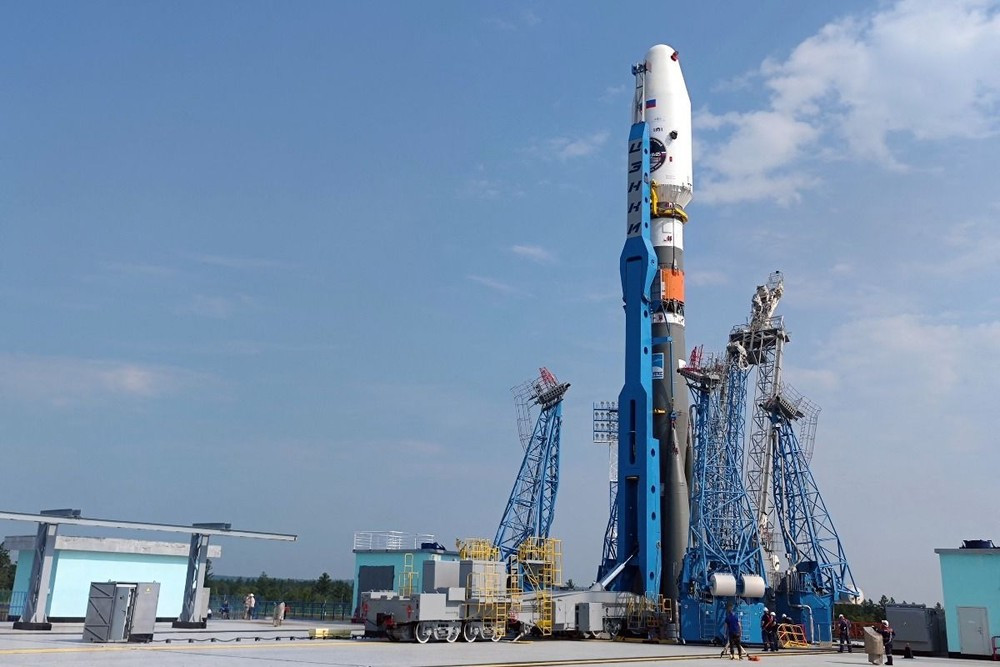The agreement to establish a joint international lunar station will help strengthen the strategic partnership between Russia and China and consolidate Russia's leading role in space exploration.

On March 15, the Russian government passed a bill ratifying an agreement with China on the establishment of an international lunar science station.
The text of the bill has been published on the cabinet's website.
A federal bill on ratifying the agreement is being submitted to the State Duma (lower house of parliament) of Russia, and Deputy Director General of the Russian Space Agency (Roscosmos) Sergei Savelyev has been appointed as a government official to consider the matter.
The Russian government's announcement stressed that the agreement to establish a joint international lunar scientific station "will help strengthen the strategic partnership between Russia and China, develop joint space activities and consolidate Russia's leading role in space exploration."
According to the Russian Government, “cooperation between scientists of the two countries will increase the efficiency of space research” and train specialists for future projects.
The issue of establishing and using this scientific station is on the agenda of the Russian Government meeting on March 15.
Russia and China signed a memorandum of understanding and cooperation on station construction in March 2021.
The two countries also signed an intergovernmental agreement on establishing a station in Beijing on November 25, 2022.